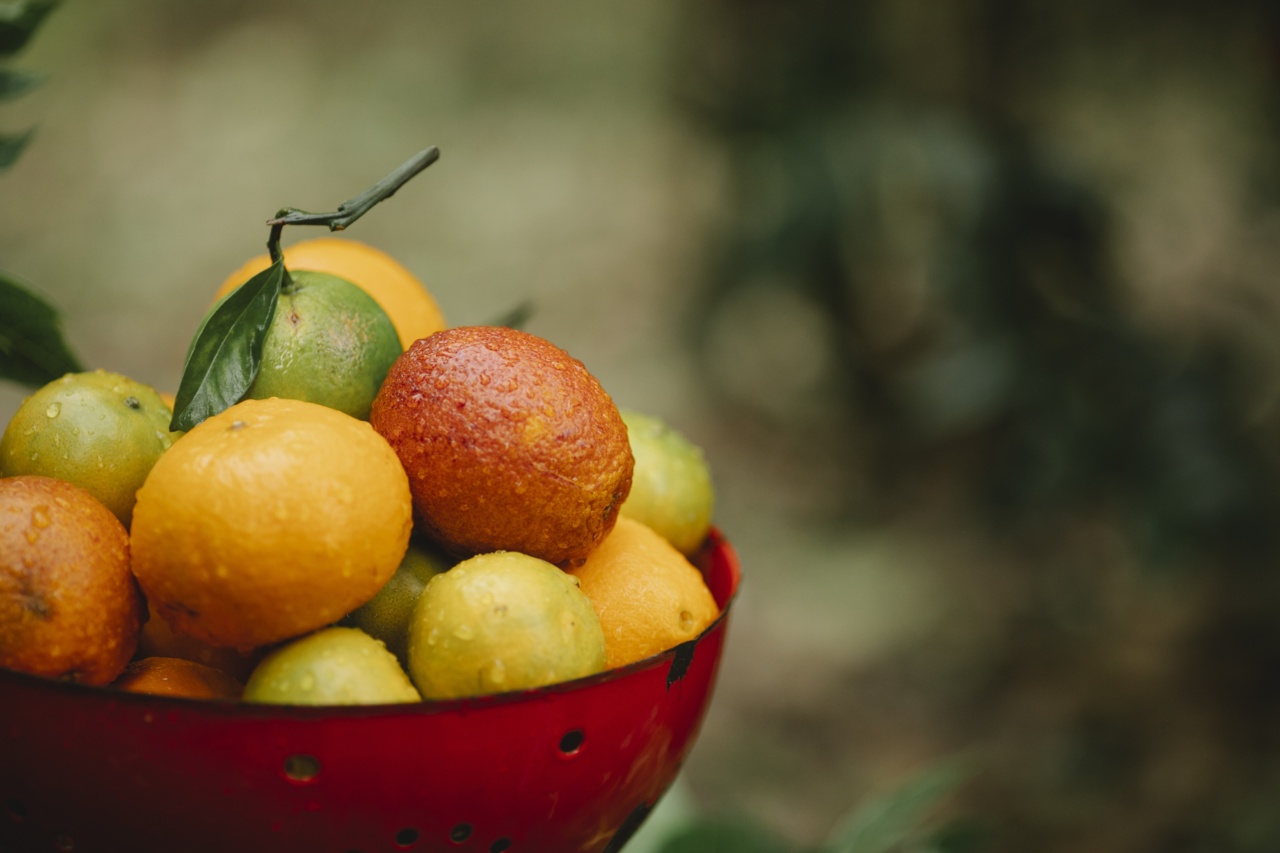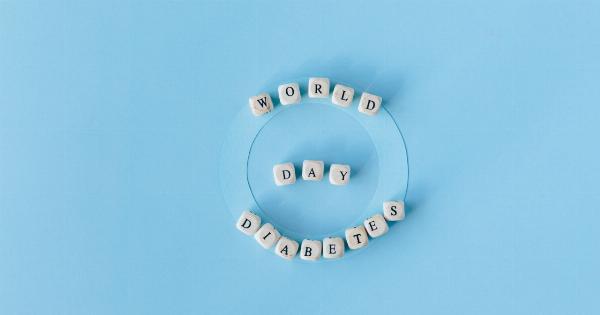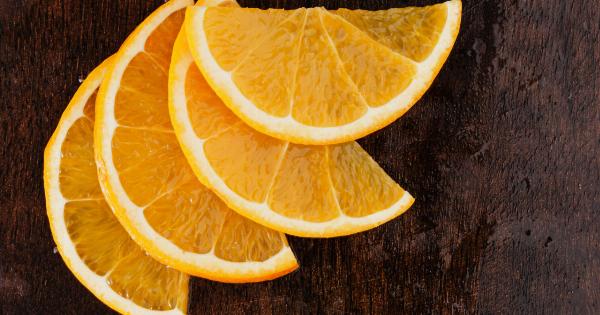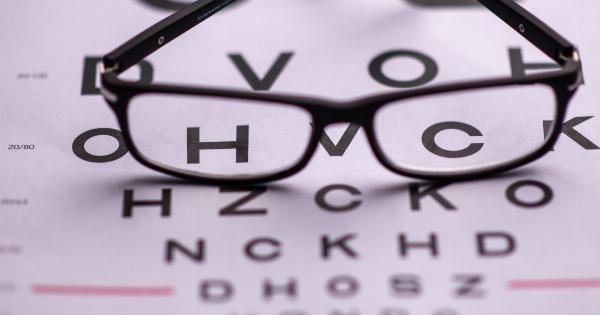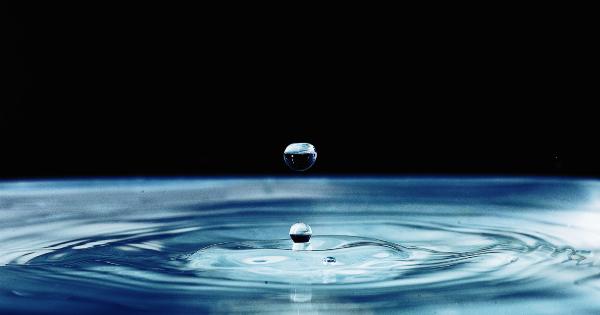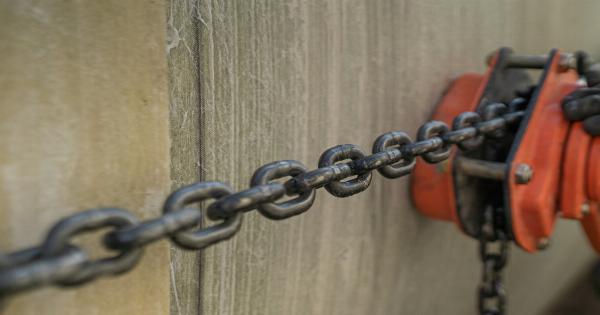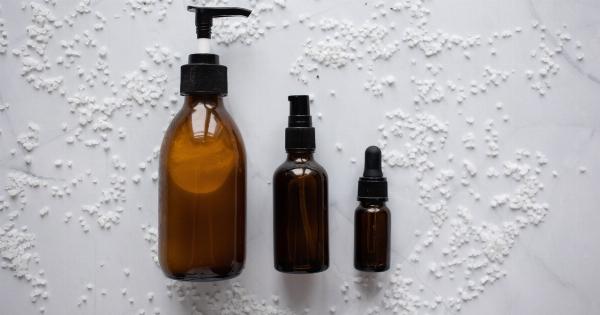Fluid accumulation, also known as water retention or edema, occurs when excess fluid builds up in the body’s tissues. This can lead to swelling, bloating, and discomfort.
While there are various causes of fluid accumulation, including medical conditions and hormonal changes, some believe that certain foods can also contribute to this issue. In this article, we will explore the relationship between consuming certain foods and fluid accumulation in the body.
Understanding Fluid Accumulation
Before diving into the impact of different foods on fluid accumulation, it’s important to understand how and why fluid retention occurs. Our body maintains a delicate balance of fluids to support various bodily functions.
This balance is regulated by the kidneys, which filter excess fluid and waste products out of the body as urine.
However, in certain situations, this balance can be disrupted. When this happens, the body may hold onto excess fluid, leading to fluid accumulation. Some common causes of fluid retention include:.
- High sodium intake
- Hormonal changes (such as during menstruation or pregnancy)
- Prolonged sitting or standing
- Heart or kidney problems
- Liver disease
- Malnutrition
The Impact of Sodium
Sodium, commonly found in salt, plays a significant role in fluid balance. Consuming excessive amounts of sodium can contribute to fluid accumulation in the body.
When you consume high levels of sodium, it can increase the concentration of sodium in your blood. To maintain balance, your body retains water to dilute the high sodium levels. This leads to fluid retention and can cause bloating and swelling.
Processed foods, such as fast food, canned soups, and packaged snacks, tend to be high in sodium. Therefore, individuals who consume a diet rich in processed foods are more likely to experience fluid accumulation.
Alcohol and Fluid Retention
Alcohol consumption can also contribute to fluid retention. Alcohol acts as a diuretic, which means it increases urine production.
Initially, this may seem contradictory to fluid retention, but excessive alcohol intake can disrupt the body’s fluid balance over time.
When you drink alcohol in moderation, your body compensates for the increased urine production by retaining water. However, excessive alcohol consumption can lead to dehydration, which prompts the body to retain fluid in order to maintain hydration.
This can result in fluid accumulation, especially in the lower extremities like the feet and ankles.
High-Carb Diets and Fluid Accumulation
High-carbohydrate diets can cause fluid retention due to several factors. Firstly, carbohydrates, especially refined carbohydrates, have the ability to increase insulin levels in the body.
Insulin is responsible for regulating the storage and release of sodium in the kidneys. When insulin levels are high, the kidneys tend to retain more sodium, leading to fluid accumulation.
Additionally, high-carb diets often cause an increase in glycogen storage. For every gram of stored glycogen, the body retains approximately 3 grams of water. Therefore, a high-carb diet can lead to increased fluid retention.
Effects of Caffeine and Fluid Retention
Caffeine, commonly found in coffee, tea, and energy drinks, is known for its diuretic properties. It stimulates the kidneys to produce more urine, which can contribute to dehydration if consumed in excess.
While caffeine itself may not directly cause fluid accumulation, excessive consumption can lead to dehydration, which prompts the body to retain fluid and can result in water retention.
It is important to note that moderate caffeine intake, within recommended limits, is unlikely to significantly contribute to fluid retention.
Foods That May Reduce Fluid Retention
In contrast to foods that may contribute to fluid accumulation, there are certain foods that may help reduce fluid retention in the body. These include:.
- Foods high in potassium, such as bananas, avocados, and leafy greens. Potassium helps regulate fluid balance in the body.
- Foods with diuretic properties, such as cucumber, celery, and watermelon. These foods can promote urine production and help flush out excess fluids.
- Herbal teas, such as dandelion tea and parsley tea, known for their diuretic effects.
- Drinking plenty of water throughout the day can help maintain proper hydration and flush out toxins, reducing the likelihood of fluid retention.
Conclusion
Fluid accumulation can be caused by various factors, including medical conditions and lifestyle choices. While certain foods can contribute to fluid retention, it is important to note that individual responses may vary.
Additionally, the impact of these foods on fluid accumulation may be more pronounced in individuals already prone to water retention.
Maintaining a balanced diet, low in sodium and processed foods, along with regular physical activity, can help promote proper fluid balance in the body.
If you experience persistent or severe fluid retention, it is advisable to consult a healthcare professional for a proper diagnosis and treatment plan.
